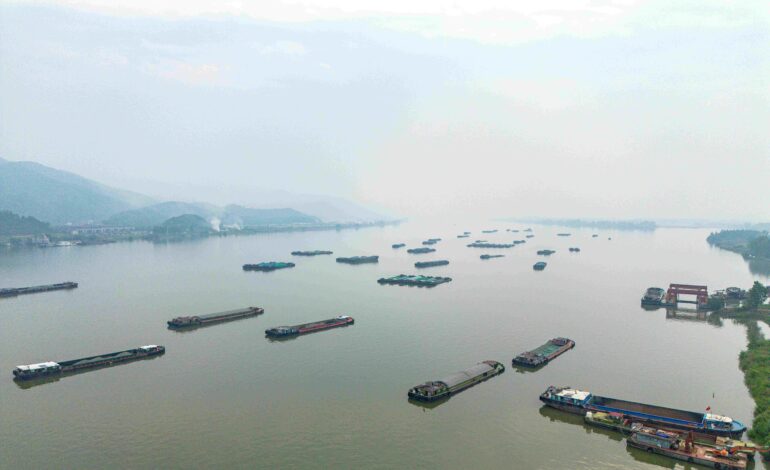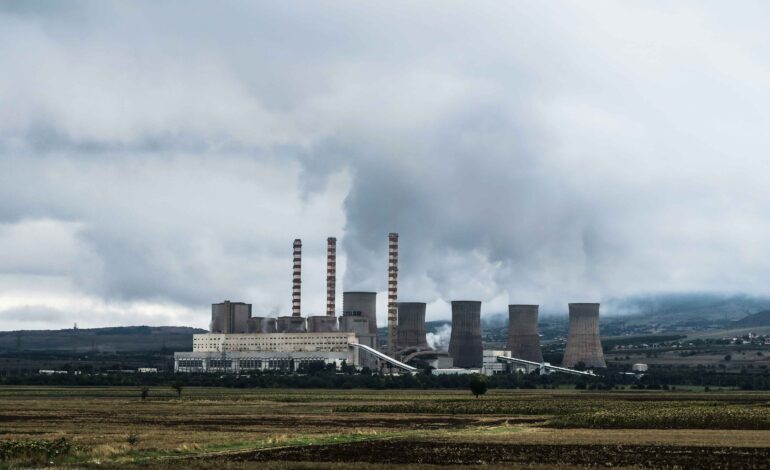
Public Perception and Social Responsibility in Bunker Fuel Industry
The bunker fuel industry, essential for powering maritime transport worldwide, is increasingly under scrutiny from the public and regulatory bodies concerning its environmental impact and social responsibility. This article delves into the evolving public perception of the bunker fuel industry, the industry’s response to social responsibility challenges, and initiatives aimed at fostering transparency and sustainability.
Public Perception: Environmental Concerns and Community Impact
Public perception of the bunker fuel industry is shaped by several key factors:
- Environmental Impact: Concerns about air pollution, greenhouse gas emissions, and marine ecosystem damage attributed to bunker fuel combustion.
- Health Impacts: Communities near ports and shipping lanes are affected by air pollutants emitted from vessels, leading to respiratory illnesses and reduced air quality.
- Climate Change: Bunker fuel emissions contribute significantly to global CO2 emissions, exacerbating climate change impacts such as sea level rise and extreme weather events.
Social Responsibility Challenges
In response to public concerns and regulatory pressures, the bunker fuel industry faces challenges in demonstrating social responsibility:
- Regulatory Compliance: Adhering to international and national regulations, such as MARPOL Annex VI, which set limits on sulfur emissions and require emission monitoring and reporting.
- Community Engagement: Engaging with local communities to address environmental and health impacts, fostering dialogue, and implementing mitigation measures.
- Supply Chain Transparency: Ensuring transparency in the bunker fuel supply chain to prevent illegal activities such as fuel adulteration and ensure fair labor practices.
Industry Response and Initiatives
To enhance social responsibility and improve public perception, the bunker fuel industry has implemented various initiatives:
- Adoption of Cleaner Fuels: Increasing use of low-sulfur fuels, LNG, and alternative fuels to reduce emissions of sulfur oxides (SOx), nitrogen oxides (NOx), and particulate matter (PM).
- Technology Innovation: Development of emission control technologies like scrubbers and catalytic converters to mitigate air pollutants from bunker fuel combustion.
- Corporate Social Responsibility (CSR): Investing in community development programs, supporting environmental conservation efforts, and promoting sustainable practices.
Collaboration and Transparency
Collaboration among stakeholders—shipping companies, port authorities, regulatory bodies, and environmental organizations—is crucial for addressing social responsibility challenges in the bunker fuel industry:
- Dialogue and Engagement: Establishing platforms for dialogue and consultation with communities and stakeholders to address concerns and foster mutual understanding.
- Transparency and Accountability: Implementing transparent reporting mechanisms, audits, and certifications to ensure compliance with environmental and social standards.
Future Directions
Looking ahead, the bunker fuel industry is poised to continue its evolution towards greater sustainability and social responsibility:
- Technological Advancements: Continued research and development of cleaner fuel technologies and alternative propulsion systems.
- Policy Development: Strengthening international and national regulations to further reduce emissions and improve environmental performance.
- Education and Awareness: Increasing public awareness about the industry’s efforts towards sustainability and the importance of responsible fuel use.
Conclusion
Public perception and social responsibility are increasingly shaping the bunker fuel industry’s operations and strategies. By addressing environmental concerns, engaging with communities, and promoting transparency, stakeholders can build trust, enhance sustainability, and contribute positively to global efforts for a cleaner and healthier maritime environment. As the industry navigates towards a greener future, collaboration and innovation will be key drivers in achieving sustainable development goals and meeting public expectations for responsible fuel use.





